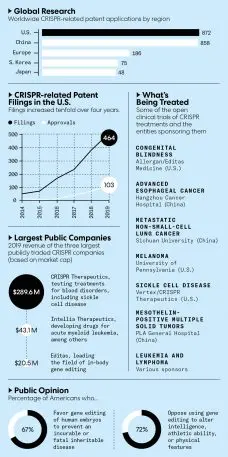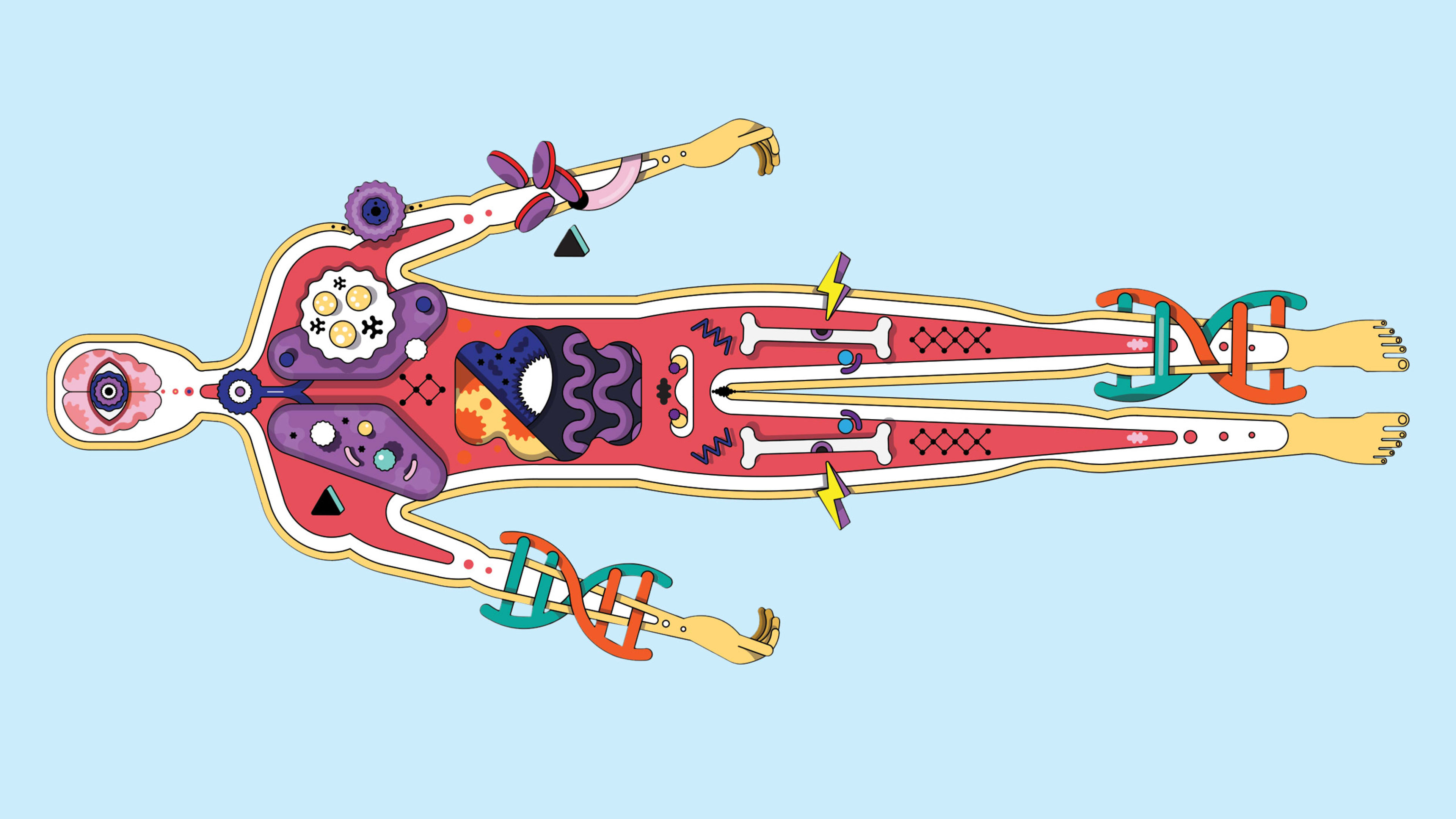CRISPR-Cas9 is a method for quickly and accurately editing the genome of virtually any living thing. Using custom-built guide RNA paired with a cutting enzyme (Cas9), it can find and snip a selected sequence of DNA or RNA, eliminating or replacing a “bad” gene. Since it was first described, in late 2012, CRISPR has drastically accelerated the scope of research and moved into practical applications in medicine. So far in 2020, there are 15 trials underway. In medicine, where new drugs take a decade or more to develop, that’s game changing.

Recognize your brand’s excellence by applying to this year’s Brands That Matter Awards before the early-rate deadline, May 3.
